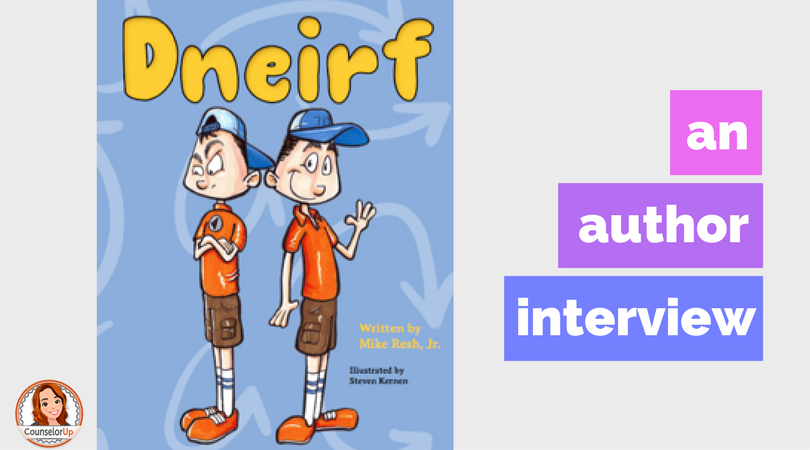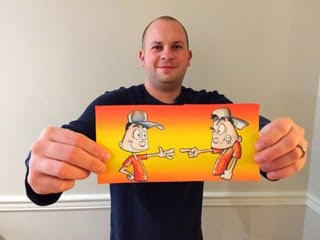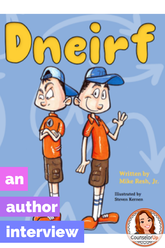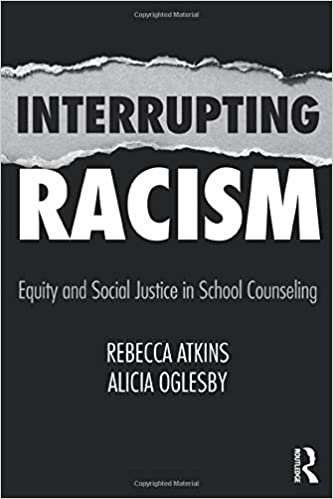- What motivated you to write dneirf?
- How did Dneirf come about?
- What suggestions do you have for school counselors who want to use Dneirf in their school counseling programs?
Information about Dneirf can be found by visiting: www.mikeresh.com. There are also free printable handouts on the website that can be used in groups, classroom lessons, and individual counseling sessions.
This story can be a support source for those reading it not only to those who have acted as a “Dneirf” but those who may have experienced the backwards behaviors of others. When someone turns into a “Dneirf” it is like they are wearing their shoes backwards and trying to walk and have a normal day…it just is not going to work.
Doctors prescribe/recommend exercise and healthy eating as preventative measures or precursors to good physical health. School counselors and teachers can recommend this book and its ideas in the same way for good social and mental health development and maintenance. The prevention of bullying can occur with a primary focus and goal of creating caring and kind social relationship that are dictated by self-recognition of one’s own behaviors towards others. BE A FRIEND, NOT A DNEIRF!











